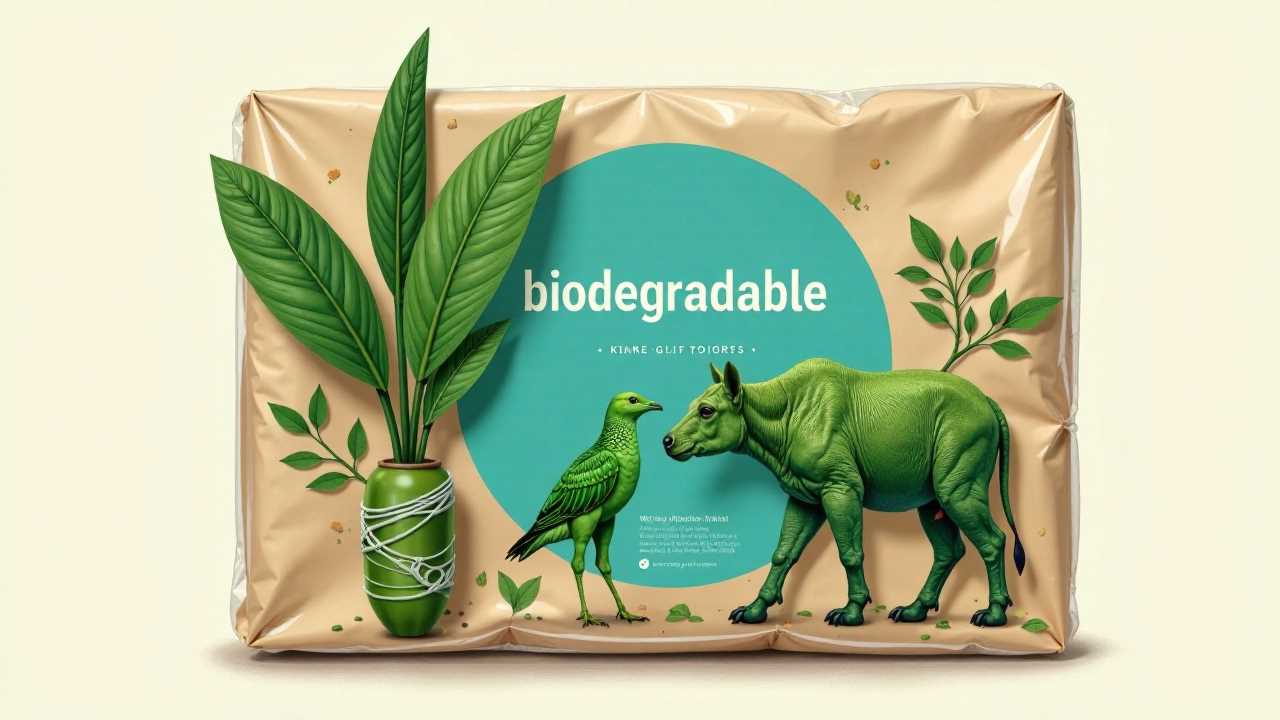
In a world increasingly focused on sustainability, the way we wrap our gifts can make a significant impact on the environment. Sustainable gift wrapping is not just a trend; it's a necessity for those who wish to celebrate while being mindful of their ecological footprint. This guide will explore the various aspects of sustainable gift wrapping, highlighting eco-friendly, biodegradable, reusable, and recyclable options that utilize natural materials and promote a zero waste lifestyle.
Understanding Sustainable Gift Wrapping
Sustainable gift wrapping refers to the practice of using materials and methods that minimize environmental impact. This encompasses everything from the choice of wrapping paper to the techniques used in wrapping. By opting for sustainable gift wrapping, you contribute to reducing waste, conserving resources, and promoting a healthier planet.
Eco-Friendly Materials
When selecting materials for gift wrapping, consider eco-friendly options. Look for wrapping paper made from recycled content or paper that is certified by organizations like the Forest Stewardship Council (FSC). Additionally, many brands now offer wrapping paper that is completely biodegradable, breaking down naturally without harming the environment.
Biodegradable Wrapping Options
Biodegradable gift wrapping materials are designed to decompose over time, reducing landfill waste. Options include paper made from natural fibers, such as hemp or cotton, and plant-based wrapping films. These materials not only look beautiful but also align with the principles of sustainability, ensuring that your gift wrapping leaves no lasting impact.
Reusable Wrapping Techniques
One of the most effective ways to practice sustainable gift wrapping is by using reusable materials. Consider fabric wraps, such as furoshiki, a traditional Japanese method of wrapping gifts in cloth. This technique not only adds a unique touch to your gift but also allows the recipient to reuse the fabric for future gifts or other purposes.
Recyclable Options
For those who prefer traditional wrapping paper, ensure that it is recyclable. Many types of wrapping paper can be recycled, but it's essential to check for any coatings or embellishments that may hinder the recycling process. By choosing recyclable materials, you can enjoy the beauty of gift wrapping while still being environmentally responsible.
Incorporating Natural Materials
Natural materials can elevate your gift wrapping while keeping it sustainable. Consider using items like dried flowers, twine, or leaves as decorative elements. These not only add a personal touch but also enhance the eco-friendliness of your wrapping. By incorporating natural materials, you create a stunning presentation that reflects your commitment to sustainability.
Embracing a Zero Waste Philosophy
Adopting a zero waste approach to gift wrapping means minimizing waste at every stage. This can involve planning ahead to avoid excess materials, reusing items you already have, and encouraging recipients to join in the sustainable practice. By fostering a culture of zero waste, you inspire others to consider their impact on the environment.
Conclusion
Sustainable gift wrapping is a powerful way to celebrate special occasions while being kind to the planet. By choosing eco-friendly, biodegradable, reusable, and recyclable materials, and incorporating natural elements, you can create beautiful gifts that reflect your values. Embrace sustainable gift wrapping and contribute to a zero waste future, one gift at a time.
 Family Craft ProjectsHome ImprovementCooking and BakingReuse and RecycleDIY GiftsEco-Friendly ProjectsDIY Home SolutionsSeasonal ActivitiesFun and GamesLearn TogetherPrivacy PolicyTerms And Conditions
Family Craft ProjectsHome ImprovementCooking and BakingReuse and RecycleDIY GiftsEco-Friendly ProjectsDIY Home SolutionsSeasonal ActivitiesFun and GamesLearn TogetherPrivacy PolicyTerms And Conditions
